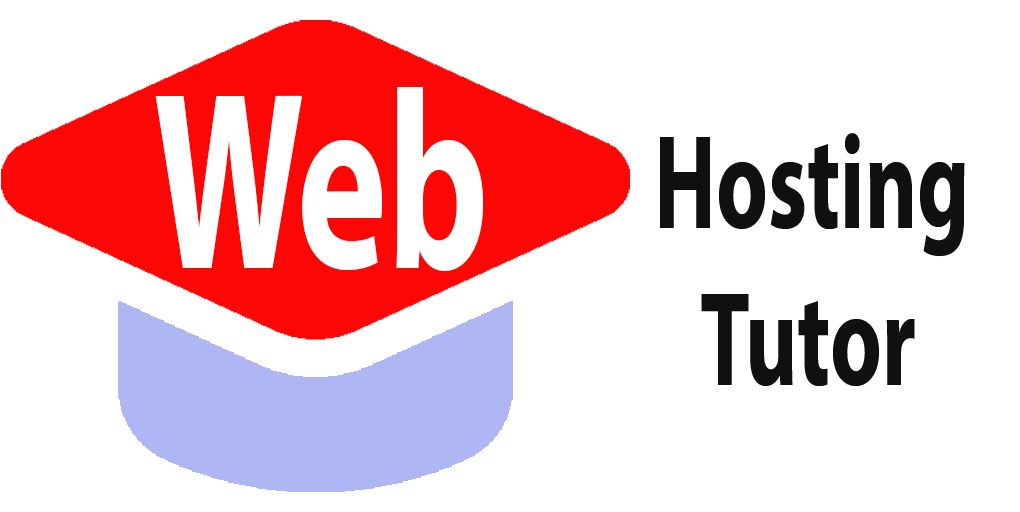Websites are akin to storefronts in a bustling marketplace, the importance of optimizing your virtual presence cannot be overstated. Imagine your website as a high-speed sports car, capable of zipping through cyber traffic with lightning-fast agility. But to unleash its full potential, you need more than just a sleek design and engaging content – you need the fuel that powers this digital beast: web hosting optimization. As the engine behind your online operations, your choice of web hosting can make or break your website’s performance. Embark on a journey with us as we delve into the intricate world of web hosting optimization tips, unraveling the mysteries that govern the speed, security, and reliability of your online domain. From streamlining server configurations to harnessing the latest technological advancements, we’ll equip you with the knowledge and tools needed to elevate your website to new heights of digital prowess. So fasten your seatbelt, dear reader, as we navigate the lanes of web hosting tutorials to supercharge your online presence and leave your competitors eating dust in the digital race.
Understanding the Significance of Web Hosting Optimization
Before we dive into the nitty-gritty of web hosting optimization, let’s take a moment to understand why it is so crucial for your website’s performance. Think of web hosting as the foundation upon which your website is built. It is the service that allows your website to be accessible to users all around the world.
Web hosting optimization involves fine-tuning various aspects of your hosting plan to ensure that your website runs smoothly and efficiently. By optimizing your web hosting, you can enhance factors such as loading speed, uptime, security, and scalability – all of which contribute to a better user experience and improved search engine rankings.
When your website loads quickly and remains accessible at all times, visitors are more likely to stay on your site longer, explore different pages, and ultimately convert into customers or subscribers. On the other hand, if your website suffers from slow loading times or frequent downtime, users may become frustrated and abandon your site altogether.
Furthermore, search engines like Google consider page speed as one of the ranking factors. A slow-loading website may not only deter visitors but also negatively impact its visibility in search engine results pages (SERPs). Therefore, optimizing your web hosting is not just about improving user experience but also about boosting organic traffic and conversions.
Evaluating Your Current Web Hosting Plan
The first step towards optimizing your web hosting is evaluating your current plan. Take a close look at the features and resources provided by your hosting provider. Are they sufficient for the needs of your website? Are there any limitations that are hindering its performance?
Consider factors such as bandwidth allocation, storage space, server location, and technical support. Bandwidth determines how much data can be transferred between your site and its visitors in a given period. If your website experiences high traffic volumes, you may need a hosting plan with ample bandwidth to ensure smooth user experience.
Similarly, storage space plays a crucial role in accommodating your website’s files, databases, and media content. If you find yourself constantly running out of storage or facing slow loading times due to limited disk space, it may be time to upgrade your hosting plan.
Server location is another important consideration. Choosing a server location that is closer to your target audience can significantly improve website loading speed for users in that region. Additionally, check if your hosting provider offers reliable technical support that can assist you promptly in case of any issues or emergencies.
Choosing the Right Web Hosting Provider
Now that you have evaluated your current web hosting plan and identified any shortcomings, it’s time to explore different web hosting providers and choose the one that best suits your needs.
When selecting a web hosting provider, consider factors such as reliability, performance guarantees, security measures, scalability options, and pricing. Look for providers with a proven track record of delivering high uptime percentages and fast loading speeds.
Security should also be a top priority when choosing a web host. Ensure that the provider offers robust security features such as SSL certificates, firewalls, malware scanning, and regular backups to protect your website from cyber threats.
Scalability is essential if you anticipate future growth or sudden spikes in traffic. A good web host should offer flexible plans that allow you to easily upgrade or downgrade resources as per your requirements without causing downtime or data loss.
Last but not least, compare pricing plans among different providers while considering the features they offer. Keep in mind that while affordability is important, compromising on quality for the sake of saving a few dollars may end up costing you more in terms of poor performance and lost opportunities.
Exploring Different Types of Web Hosting Services
Web hosting services come in various types, each catering to different website needs and budgets. Let’s explore some of the most common types:
Shared Hosting: This is the most basic and affordable type of hosting, where multiple websites share resources on a single server. It is suitable for small websites with low to moderate traffic volumes.
VPS Hosting: Virtual Private Server (VPS) hosting offers more resources and dedicated server-like features by dividing a physical server into multiple virtual servers. It provides better performance and scalability compared to shared hosting.
Dedicated Hosting: With dedicated hosting, you have an entire physical server dedicated solely to your website. This type of hosting offers maximum performance, control, and security but comes at a higher cost.
Cloud Hosting: Cloud hosting utilizes multiple interconnected servers to distribute resources and ensure high availability. It offers scalability, flexibility, and reliability while charging you only for the resources you use.
Managed WordPress Hosting: Designed specifically for WordPress websites, this type of hosting optimizes performance for WordPress sites by offering specialized features such as automatic updates, enhanced security, and expert support.
Monitoring and Analyzing Website Performance Metrics
No matter how optimized your web hosting is initially, it’s essential to continuously monitor your website’s performance metrics to identify any bottlenecks or areas that need improvement.
Key performance indicators (KPIs) such as page load time, uptime percentage, bounce rate, conversion rate, and average session duration can provide valuable insights into your website’s overall health and user experience. Utilize tools like Google Analytics or other monitoring services provided by your web host to track these metrics.
If you notice any performance issues, dig deeper into the root causes. It could be due to factors such as heavy plugins, unoptimized images, inefficient coding, or even server-related problems. Addressing these issues promptly can help improve your website’s performance and user satisfaction.
Concluding Thoughts on Maximizing Your Website’s Potential
Web hosting optimization is a continuous process that requires attention and regular updates. By understanding the significance of web hosting optimization, evaluating your current plan, choosing the right provider and hosting type, and monitoring performance metrics, you can boost your website’s performance and unlock its full potential.
Remember to prioritize factors such as speed, security, reliability, and scalability when making decisions related to web hosting. With the right optimization strategies in place, your website will not only provide an exceptional user experience but also attract more visitors and achieve your online goals.


